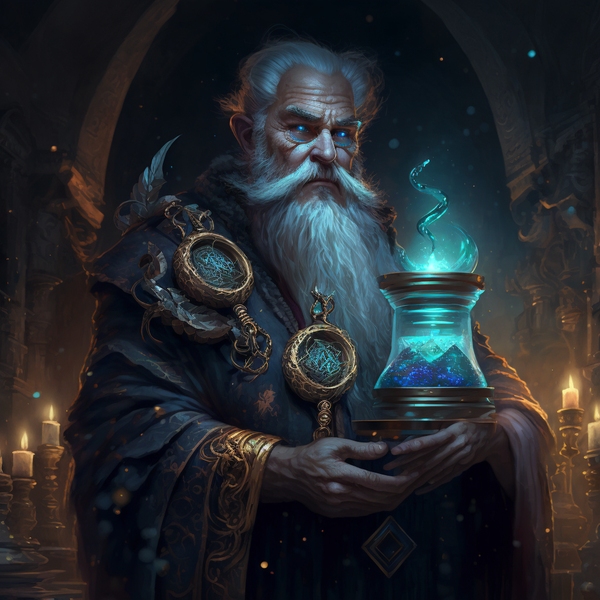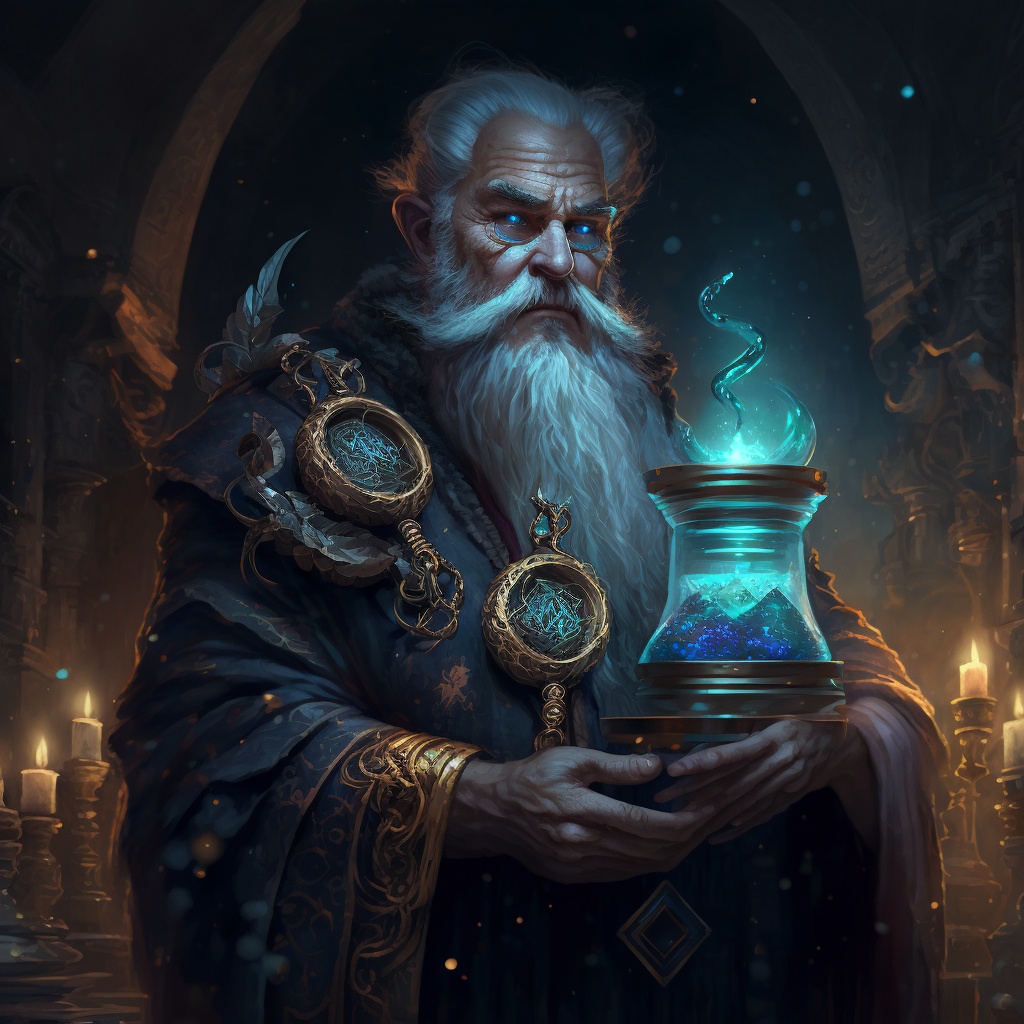

Einst erwachten elf Geschwister, welche in einer Zeit lange vor Menschen, Elfen und Zwergen die Welt bevölkerten. Sie waren Töchter und Söhne unbekannter Eltern, und sie existierten in Einheit bis zu einem großen Verrat. Sieben Verräter unter ihnen spalteten sich ab, und so blieben vier Götter auf der hellen Seite.
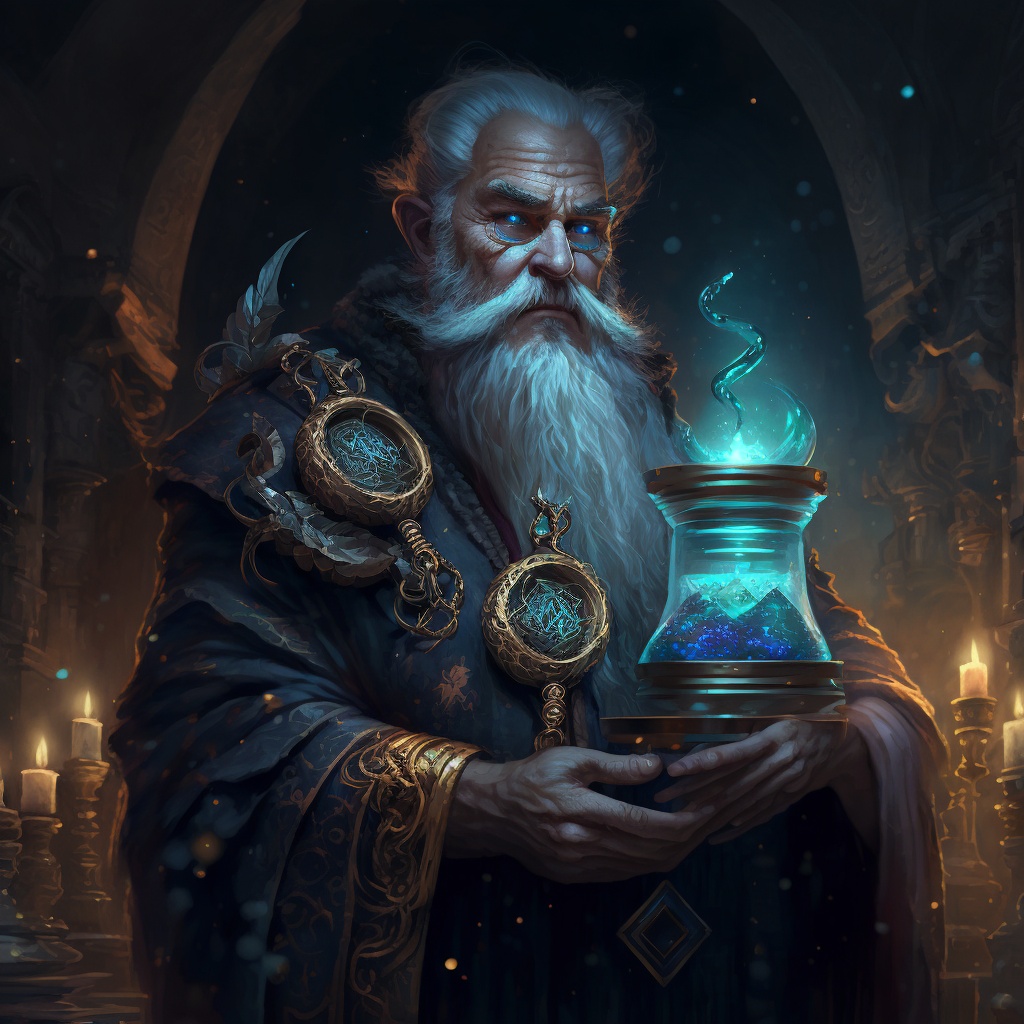
Chronar ist der Älteste der Geschwister, er wacht über den Fluss der Zeit. Chronar wird oft als oberster Gott dargestellt und ihm werden die größten Tempel und Kathedralen errichtet.
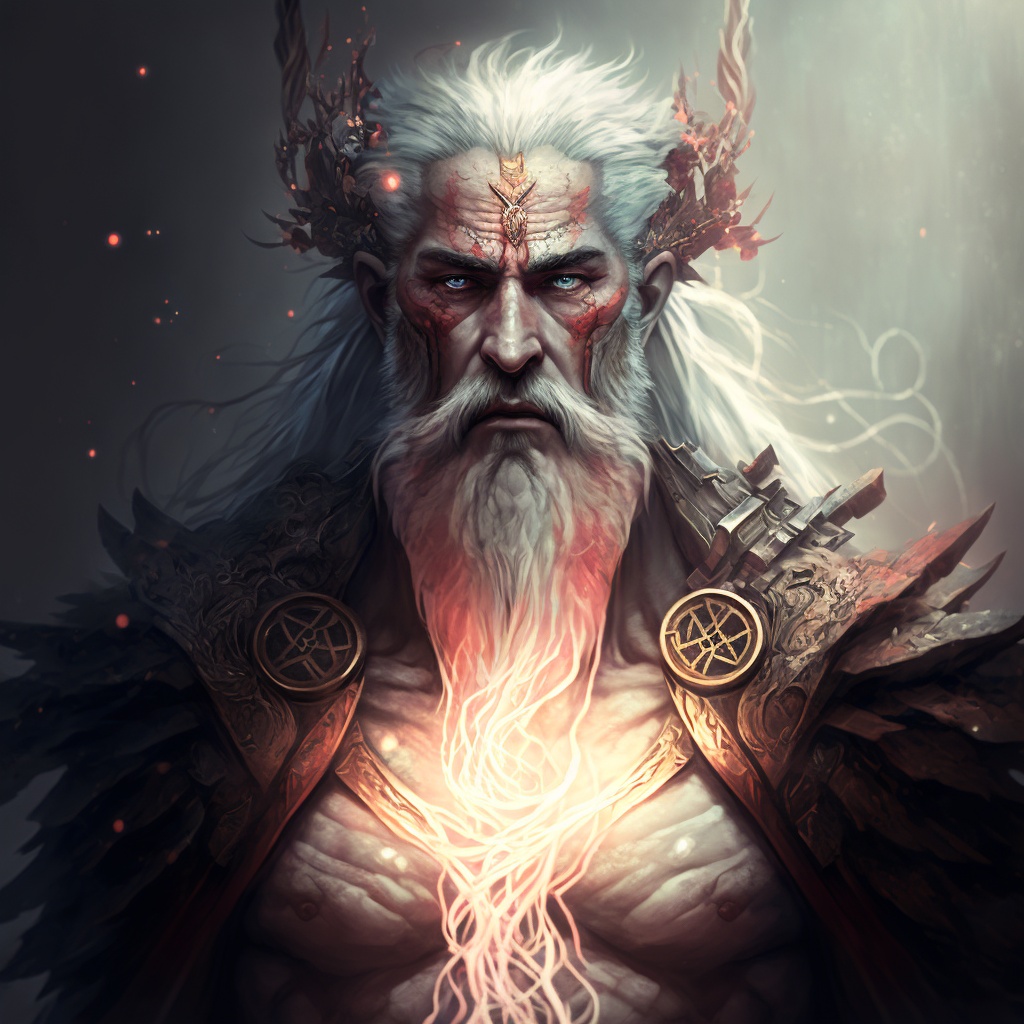
Die Darstellungen von Algor als Gott treten sehr selten auf, häufig wird er als das Symbol der Sonne auf den Schriften und Tempeln dargestellt. Selten sieht man ihn als jungen Mann mit einem kristallenen Stab in der Hand abgebildet, noch seltener wird er als alter Mann mit einem schlichten Holzstab skizziert. Diese Darstellung stammen vornehmlich aus der Zeit zwischen dem 2. und 6. Jahrhundert. Algor wird am ersten Tag des neuen Jahres gefeiert, mit dem Fest des neuen Jahres, das direkt an die Feierlichkeiten des Jahreswechsels anschließt.
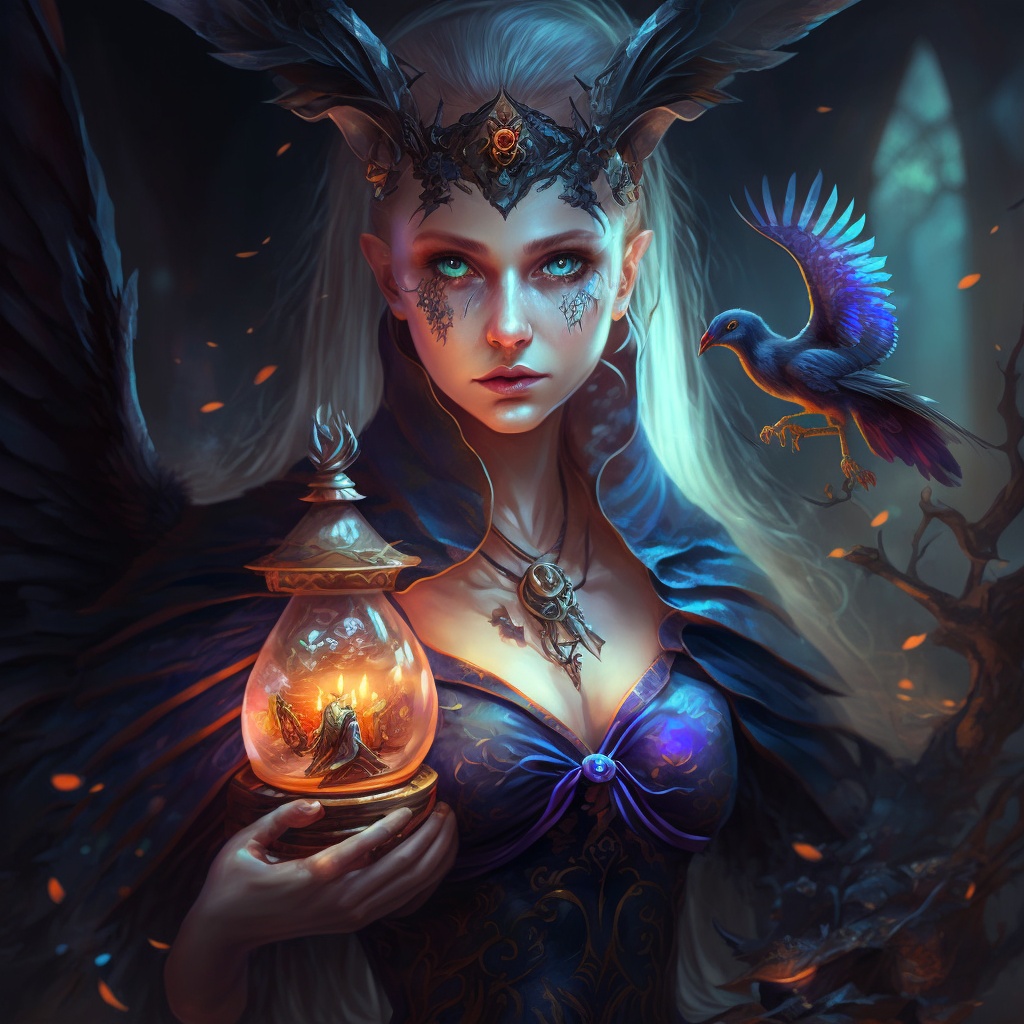
Nadal, die jüngste der Geschwister ist es, die die Magie auf die Welt brachte, und die sie auch bis heute hütet. Alle Magie der Welt fließt durch ihre Hände und wird von ihr geleitet, zumindest ist es das, was die Priester und Anhänger von Nadal predigen. Die Tempel der Nadal sind Orte des Studiums und der Lehre der Magie, und es wird ein höherer Wert auf Ruhe und Abgeschiedenheit als auf Prunk und große Gottesdienste gelegt.

Herbarin war der zweitjüngste der elf Geschwister, die von unbekannten Eltern dazu auserkoren wurden, die Götter der Welt Tirakan zu sein. Im dritten Zeitalter wurde er tödlich von dem Dämon Brahas getroffen, und sank sterbend und von Hass und Verbitterung erfüllt auf das Eis der Ebenen zu Kaal wo sich seine Spur für immer verlor.
